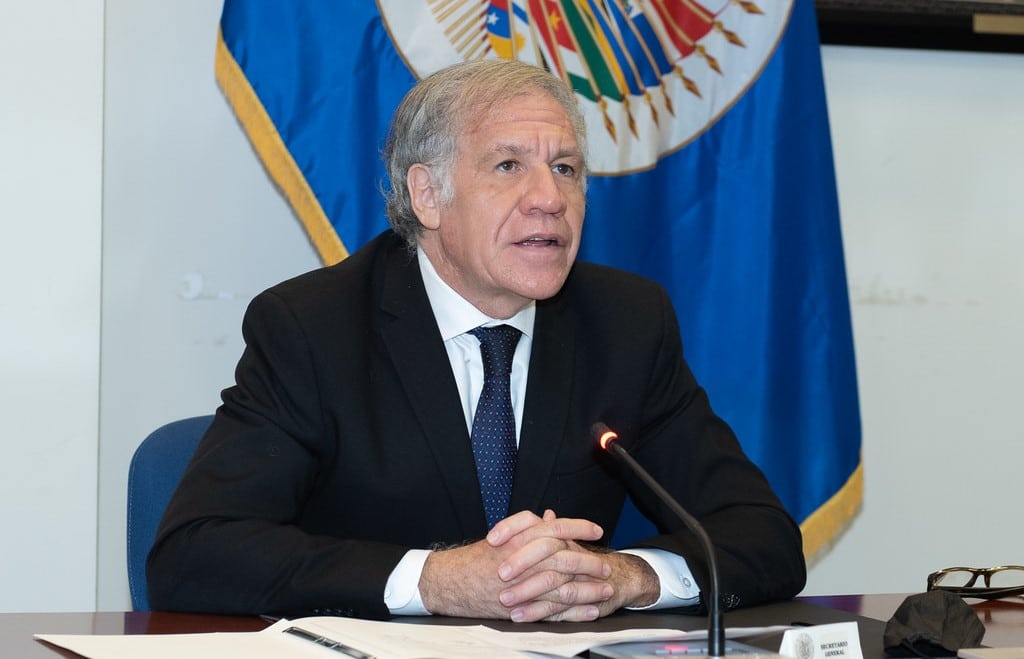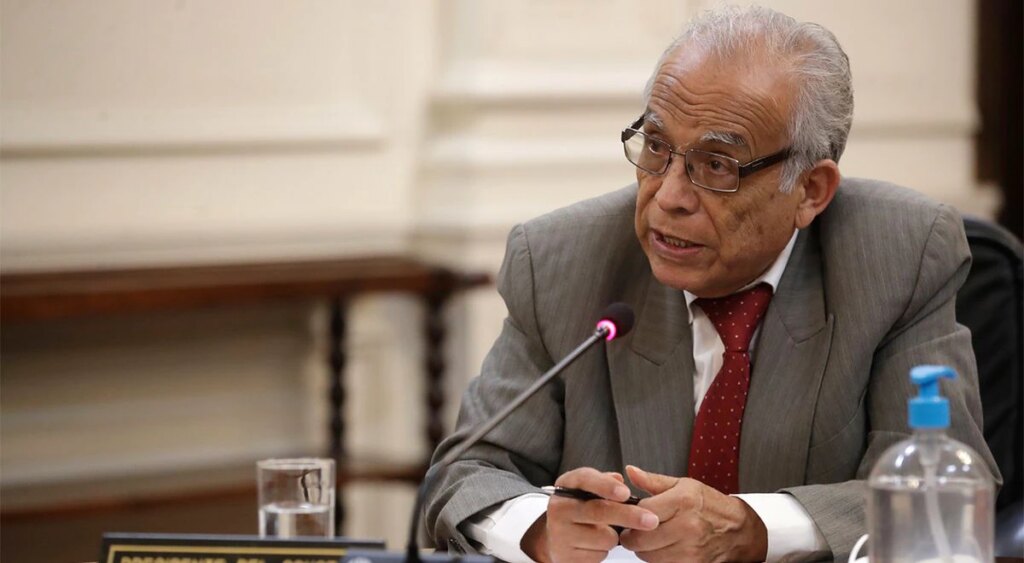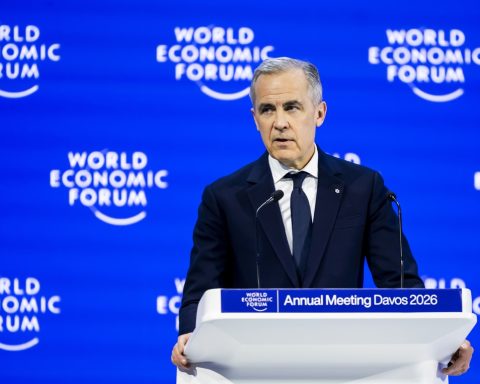The Secretary General of the Organization of American States (OAS), Luis Almagro, asked the international community on Tuesday to exert “diplomatic pressure” on the government of Nicaraguan Daniel Ortega for his treatment of political prisoners.
Declaration on the situation of political prisoners in #Nicaragua https://t.co/dhjkCJHDLi pic.twitter.com/jHQXtuxGIN
— Luis Almagro (@Almagro_OEA2015) April 5, 2022
In a statement, Almagro indicated having met with journalist and activist Berta Valle, wife of opposition leader Félix Maradiaga, and expert human rights lawyer Jared Genser, with whom he addressed the “abuse and suffering of political prisoners.”
The Uruguayan diplomat called on the “Nicaraguan regime” to dismantle what he called a “true system of repression and torture.”
“These human rights violations merit the intervention of international justice in order to be able to carry out a competent investigation, settle responsibilities and administer reparations,” Almagro said.
“I call on the international community to increase diplomatic pressure on the Managua regime and multiply the shows of solidarity with the political prisoners and their families,” added the secretary general.
This Tuesday a letter sent by 38 MEPs to Ortega was revealed, in which they demand to grant the measure of “house arrest” to all political prisoners over 60 years of age. In addition, they request that, “to avoid a second death in prison – in reference to the death of Hugo Torres -“, ”medical attention” be given to “particularly vulnerable” prisoners of conscience.
“unjust sentences”
Maradiaga, who tried to challenge Ortega in the last elections and has been sentenced to 13 years in prison for the crime considered “treason against the country”, he has only been able to receive one visit in the last 55 days and has suffered “mistreatment”, which has contributed to the “deterioration of his physical and mental condition”, according to Valle.
Almagro recalled that, for exercising their right to protest and participate in politics, imprisoned opponents have recently received sentences of between eight and thirteen years in prison “arbitrary and unjust”, and maintained that international standards are not respected during their captivity. .
The head of the OAS warned that political prisoners in Nicaragua “do not receive adequate medical attention, sometimes they do not receive it at all. And the food is insufficient, with which everyone has experienced a weight loss that puts their health at risk.
They also do not have enough access to sunlight. “They don’t have access to any reading material or writing materials. They do not receive correspondence,” added the diplomat.
*With information from Efe

















